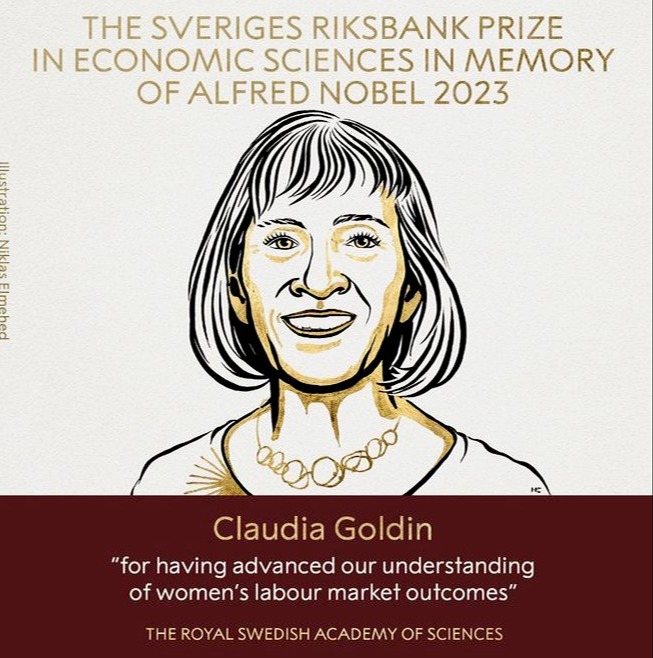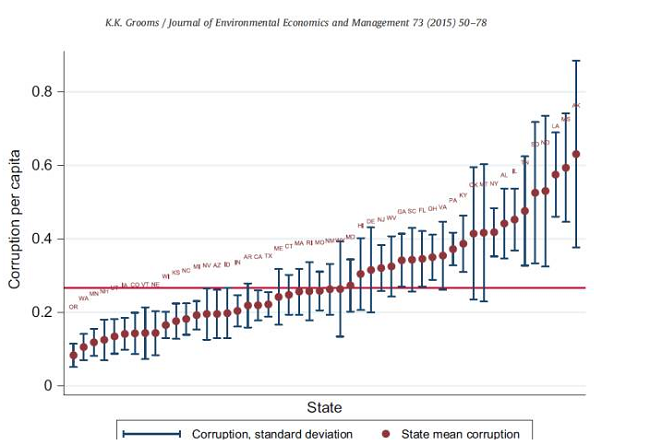Coordinating Reforms in Transition Economies
观点 · 2009-11-28
返回Abstract: We establish a theory to analyze how initial conditions of organizational differences in transition economies affect reform strategies, especially the "big-bang" approach in Eastern Europe and former Soviet Union economies as the U-form and the "experimental" approach in China as the M-form. We model the coordination of specialized tasks inside an organization as "attribute matching" and compare organizational forms (U-form and M-form) in coordinating reforms. Organizational forms affect the information structure of an organization and thus the way to coordinate reforms. Compared to the U-form, the M-form organization achieves better coordination but suffers from higher costs due to a lack of scale economies. The M-form has a distinctive advantage in carrying out experimentation that it is more flexible in reforms.





